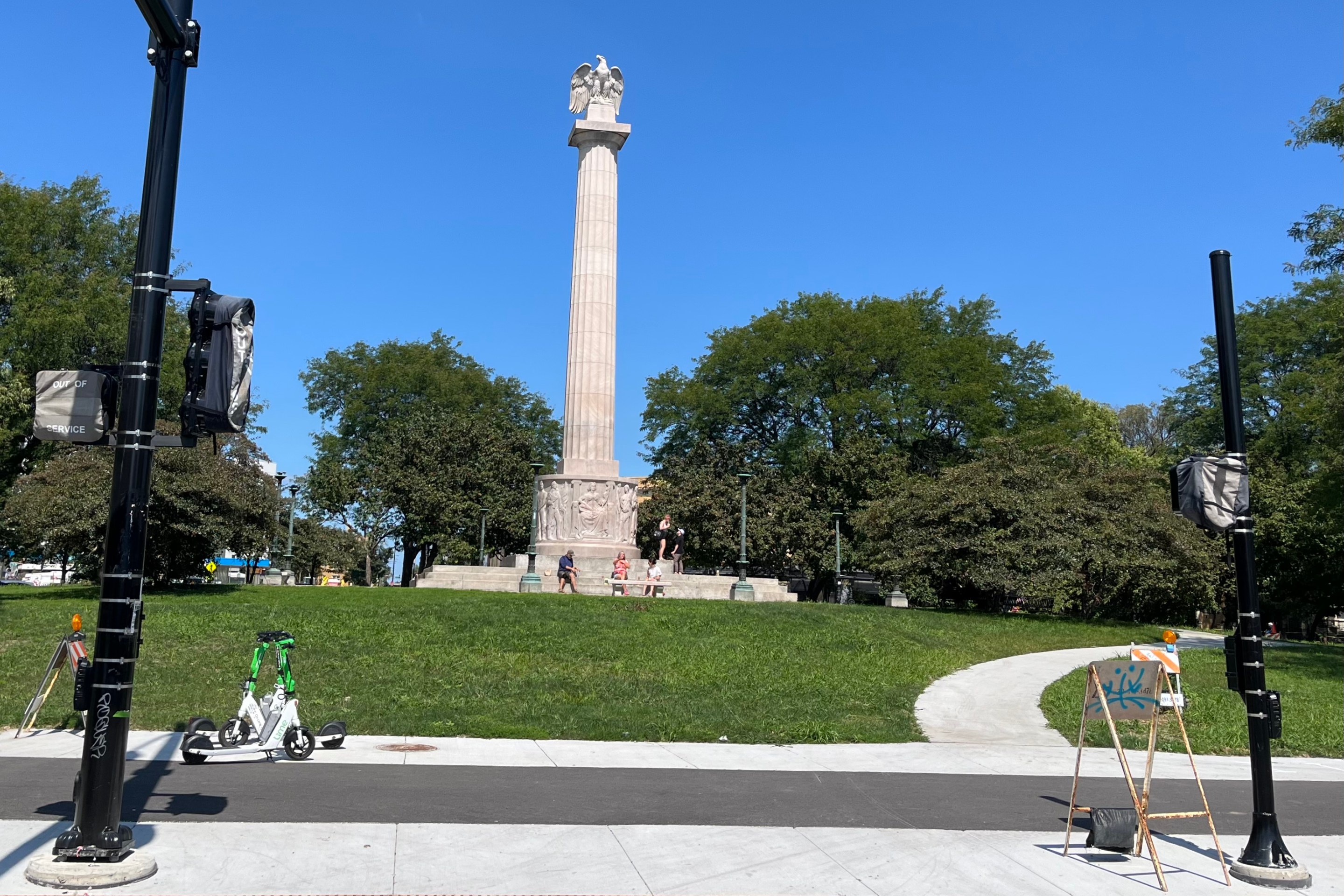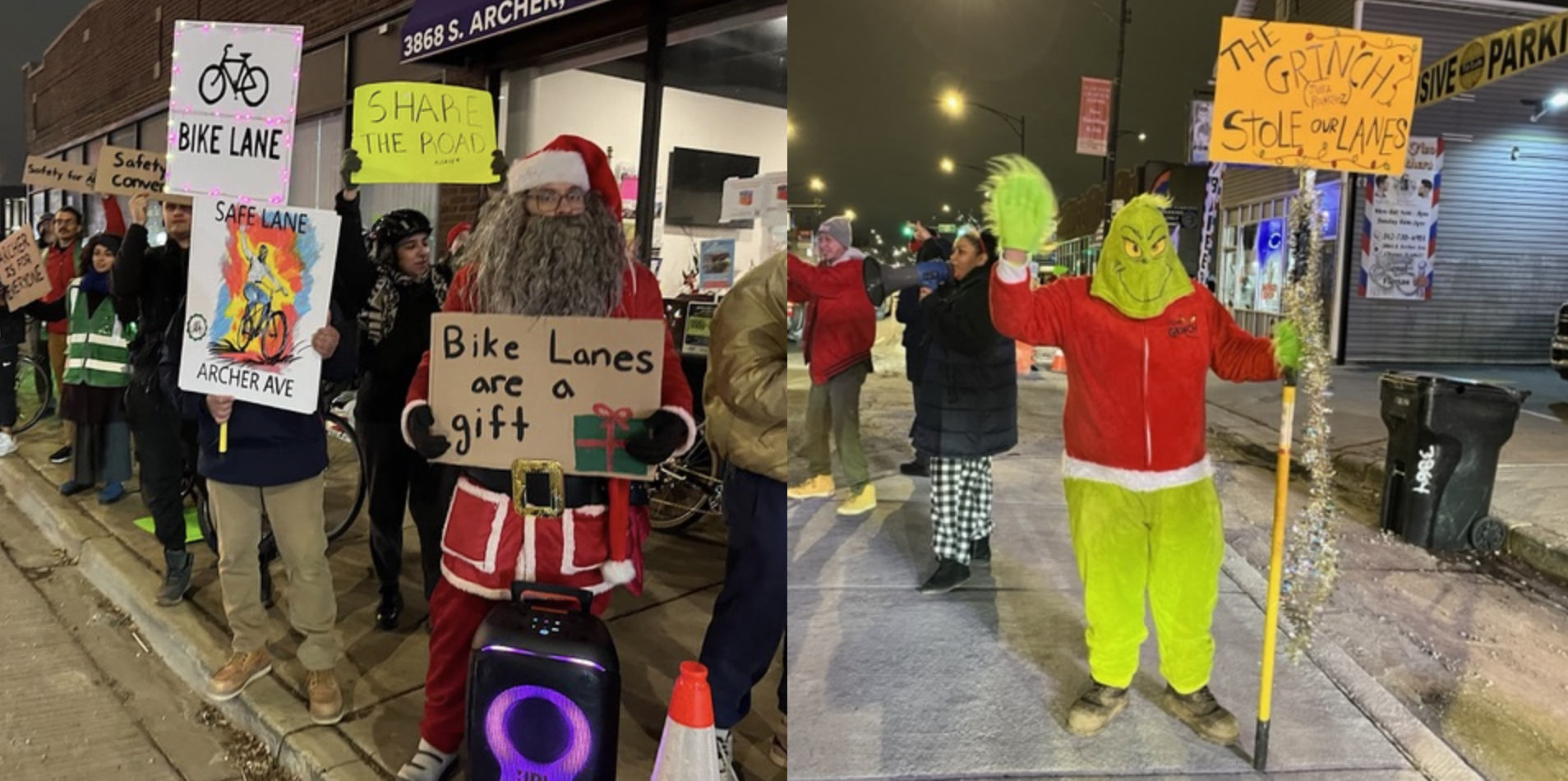
Amtrak’s Acela service turns an operating profit, despite averaging “only” 3.4 million passengers per year. Photo: sanfranannie/Flickr
The Reason Foundation is one of the most persistent rail opponents in the United States. With remarkable consistency, Reason condemns high-speed rail, private intercity rail projects, and local transit expansions. No matter how shaky its numbers may be, you can count on Reason to undermine any transit project that runs on rails.
Shane Phillips at Better Institutions was looking over an editorial by Reason policy analyst Baruch Feigenbaum published in the Atlanta Journal Constitution last year. He found this passage pretty revealing: ”A U.S. high-speed rail line would need ridership of 6 million to 9 million people per year to break even. The high-speed Acela service, despite operating in the busy Northeast Corridor, averages only 3.4 million passengers per year.”
Phillips says these two sentences encapsulate the sloppiness of Reason’s attacks on rail:
With Acela capturing barely half the “minimum” break-even ridership, one might imagine after reading Feigenbaum’s article that the rail service has been a catastrophic failure. Clearly, we shouldn’t waste our money on any more high-speed rail boondoggles. A quick look at actual facts, however, shows that Acela is doing quite well: despite its trains, which can only travel a maximum of 150 mph; its decrepit tracks, which don’t allow the trains to travel anywhere near its max speed for most of its length; and the fact that it has to share many miles of those tracks with freight, Acela is killing it.
Here’s [PDF] Amtrak’s most recently monthly report, which shows Acela has generated over $240 million in operating profit – literally more than half of its revenues — since the beginning of the fiscal year.
But you won’t find Reason acknowledging uncomfortable facts like these. Unfortunately, this kind of poorly-researched, easily refutable analysis permeates the Reason’s baldly politically-motivated work.
Elsewhere on the Network today: The Transport Politic wonders whether it makes sense for transit agencies to consider expansion projects if they’re struggling to provide basic service. BikeWalkLee says the Fort Myers, Florida, region should reconsider the use of Level of Service as a metric to evaluate streets. And Rebuilding Place in the Urban Space points out that Portland’s light rail system, less scrutinized than its streetcar, has issues of its own.




